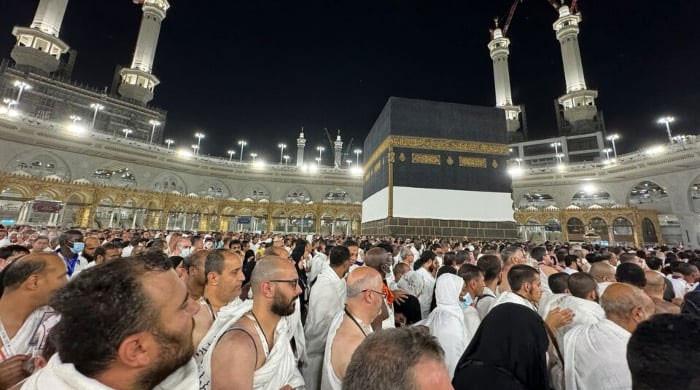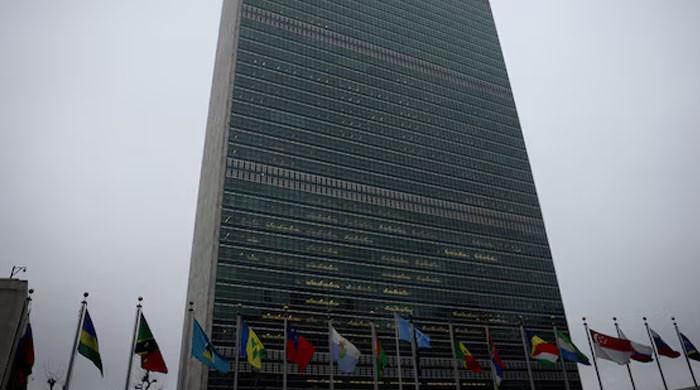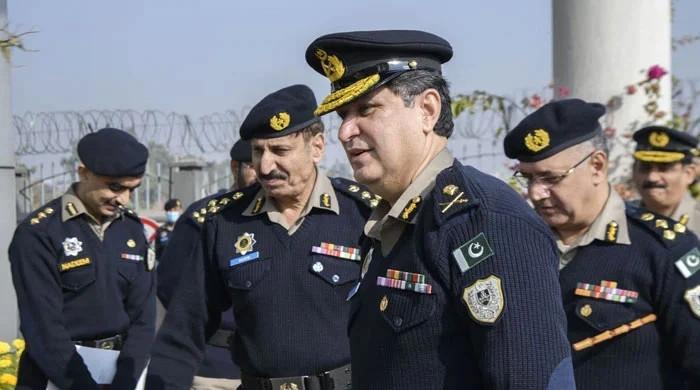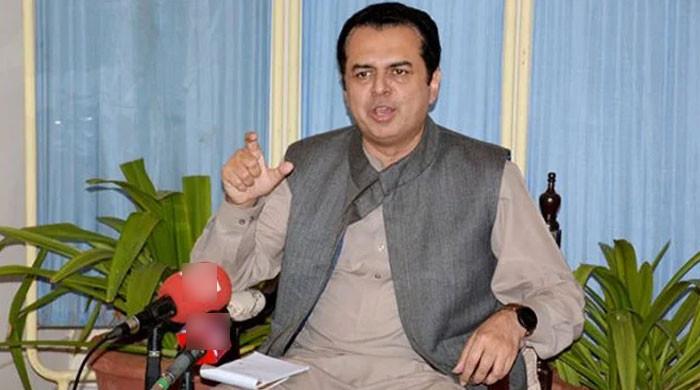Raza Rabbani expresses concern over military courts
ISLAMABAD: Pakistan People’s Party Senator Raza Rabbani on Monday expressed reservations over military courts.Speaking in the senate he advised the government to learn lessons from the past as two...
December 30, 2014
Speaking in the senate he advised the government to learn lessons from the past as two civilians governments were toppled by martial laws. He said that it was always in N-League stint when military courts were established in the country.
PPP’s parliamentary leader Mian Raza Rabbani alleged that counter-terrorism was the lowest priority of the government, as neither the required funds were provided nor the national international security policy was implemented.
The senator noted the policy was announced amid great fanfare but till today, it had not seen the light of the day. He added the collective sharing of intelligence, which was the backbone of the so-called policy, had not been materialised too.
Likewise, he pointed out that Nacta (National Counter Terrorism Authority) that was supposed to be the key body in the policy was ineffective. Under the policy, he noted, a board, consisting of prime minister as its chairman and key representation from the provinces and ministries, was to meet once in every 90 days, but no such meeting was held so far. He said the policy existed only on papers.
Similarly, Rabbani said a key institution to be called the directorate of internal security was also to be set up. The directorate was to coordinate operational work of all the civilian and military agencies to effectively deal with terrorism.
The PPP senator continued a law on registration of seminaries came into existence in 2005. About 22,000 were registered and in Islamabad, there were 400 unregistered seminaries and in the next 15 days, it would be seen how many of these would be registered.
About the death punishment, Rabbani asserted the European Union had no business to interfere in Pakistan’s internal affairs, therefore, their demand for a ban on hangings was uncalled for.











